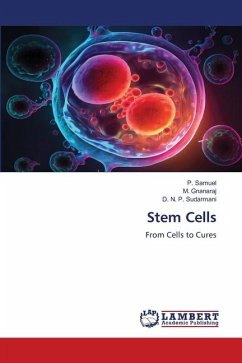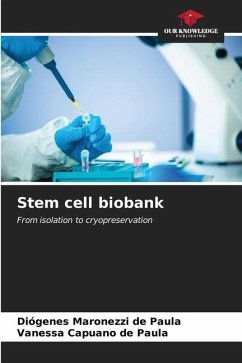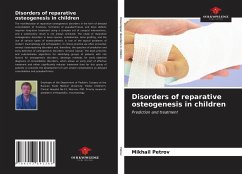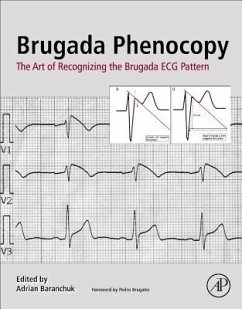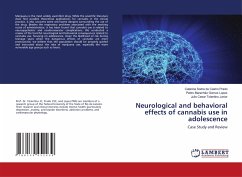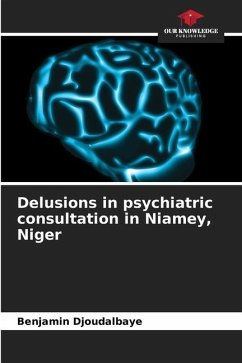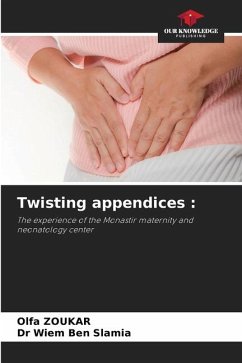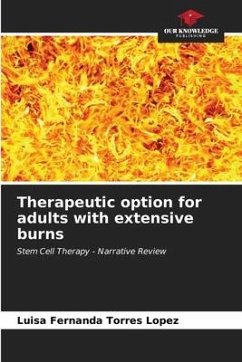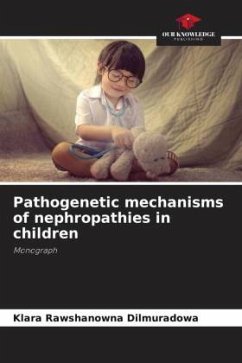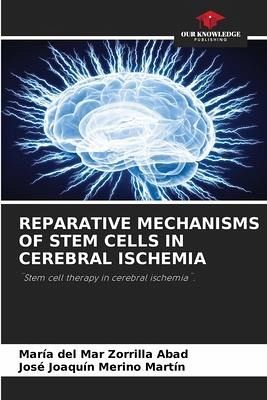
REPARATIVE MECHANISMS OF STEM CELLS IN CEREBRAL ISCHEMIA
¨Stem cell therapy in cerebral ischemia¨.
Versandkostenfrei!
Versandfertig in 6-10 Tagen
29,99 €
inkl. MwSt.

PAYBACK Punkte
15 °P sammeln!
Ischemic stroke or ischemic cerebrovascular accident (CVA) involves a decrease in blood supply to a region of brain tissue for a variable period of time, which leads to neuronal death in that area, known as the "infarct core", and consequently, its loss of function. In its vicinity we find the "ischemic penumbra" zone in which there is residual perfusion with cell viability. In the initial stage or acute phase of ischemic stroke, due to the damage produced, the release of proinflammatory cytokines and trophic factors responsible for the appearance of inflammation and edema will be triggered, w...
Ischemic stroke or ischemic cerebrovascular accident (CVA) involves a decrease in blood supply to a region of brain tissue for a variable period of time, which leads to neuronal death in that area, known as the "infarct core", and consequently, its loss of function. In its vicinity we find the "ischemic penumbra" zone in which there is residual perfusion with cell viability. In the initial stage or acute phase of ischemic stroke, due to the damage produced, the release of proinflammatory cytokines and trophic factors responsible for the appearance of inflammation and edema will be triggered, which will favor greater neurodegeneration through the resulting necrotic and apoptotic processes. It is in this period that current pharmacological and surgical therapy will act, mediating the reestablishment of blood perfusion in the core of the infarct. Studies in animal models have given us a more complete knowledge of the pathology, thus allowing us to develop new fields of action on which to focus for recovery. Stem cells are presented as a beneficial therapeutic alternative.



